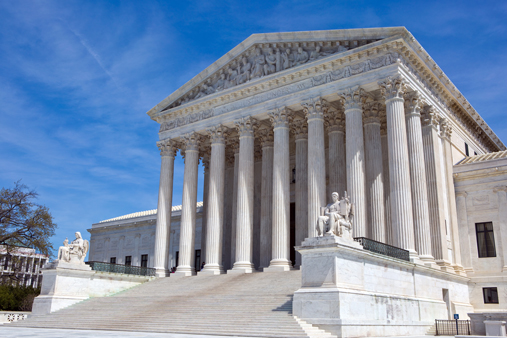Early this month, the Pipeline and Hazardous Materials Safety Administration (PHMSA) published two advisory bulletins for owners and operators of petroleum and natural gas facilities regarding best practices for maintenance of underground gas storage facilities and prevention of damage to pipeline facilities due to accumulated snow and ice. According to PHMSA, recent weather-related adverse events prompted these bulletins.
On Feb. 2, PHMSA issued guidance on the safe operation of underground natural gas storage facilities. PHMSA recommends that all operators of underground storage facilities have procedures in place, including periodic assessments and reassessments, to maintain the safety and integrity of all wells and associated facilities, regardless of operational status.
PHMSA specifically encouraged operators to voluntarily implement the American Petroleum Institute’s (API) recommended practices 1170, entitled Design and Operation of Solution-mined Salt Caverns Used for Natural Gas Storage, and 1171, entitled Functional Integrity of Natural Gas Storage in Depleted Hydrocarbon Reservoirs and Aquifer Reservoirs, as well as the Interstate Oil and Gas Compact Commission (IOGCC) standards, entitled Natural Gas Storage in Salt Caverns - A Guide for State Regulators.
In addition to incorporating these guidelines, PHMSA recommended that operators review and update operating and maintenance processes and procedures at least annually. PHMSA also set minimum requirements for facility and equipment inspection, monitoring and testing.
On Feb. 11, PHMSA published a second advisory bulletin reminding owners and operators of petroleum and natural gas facilities of their obligation to take appropriate steps to prevent damage to pipeline facilities due to accumulated snow or ice. Citing past incidents at natural gas distribution facilities related to the effect of snow and ice on pressure control equipment, PHMSA emphasized the need for owners and operators to (1) monitor the potential impact of excessive snow and ice on their facilities and (2) inform the public of any potential hazards.
Specifically, PHMSA recommended that operators consider the following steps to minimize risks from accumulated snow and ice on pipeline facilities:
- Notify customers and other entities of the need for caution associated with excessive accumulation and removal of snow and ice, including the need to clear snow and ice from exhaust and combustion air vents for gas appliances;
- Pay attention to snow- and ice-related conditions that may cause operational problems for pressure control and other equipment;
- Monitor the accumulation of moisture in equipment and snow or ice blocking regulator or relief valve vents, which could impede proper equipment function;
- When possible, use a broom instead of a shovel to clear snow off regulators and other equipment to minimize damage to equipment; and
- Remind the public to contact the gas company or designated emergency response officials if there is a gas odor present or if gas appliances are not functioning properly.
For more information regarding the proposed rule or pipeline questions in general, please contact Pipeline Practice team members Paul Drucker at Paul.Drucker@btlaw.com or 312-214-8806; Jill Fortney at Jill.Fortney@btlaw.com or 312-214-4802; Beth Davis at beth.davis@btlaw.com or 404-264-4025; Paul Garinger at Paul.Garinger@btlaw.com or 614-628-1454; or Michael Elam at Michael.Elam@btlaw.com or 312-214-5630.
You can also visit our Pipeline Practice online at www.btlaw.com/pipeline-practices.
© 2016 Barnes & Thornburg LLP. All Rights Reserved. This page, and all information on it, is proprietary and the property of Barnes & Thornburg LLP. It may not be reproduced, in any form, without the express written consent of Barnes & Thornburg LLP.
This Barnes & Thornburg LLP publication should not be construed as legal advice or legal opinion on any specific facts or circumstances. The contents are intended for general informational purposes only, and you are urged to consult your own lawyer on any specific legal questions you may have concerning your situation.
Visit us online at www.btlaw.com and follow us on Twitter @BTLawNews.











/Passle/6488d4630e7e25c9ac9f834a/MediaLibrary/Images/2024-07-18-19-15-33-047-669969d52008239f764a11af.png)


/Passle/6488d4630e7e25c9ac9f834a/SearchServiceImages/2024-07-17-15-17-44-967-6697e0980752df56d2441ada.jpg)
